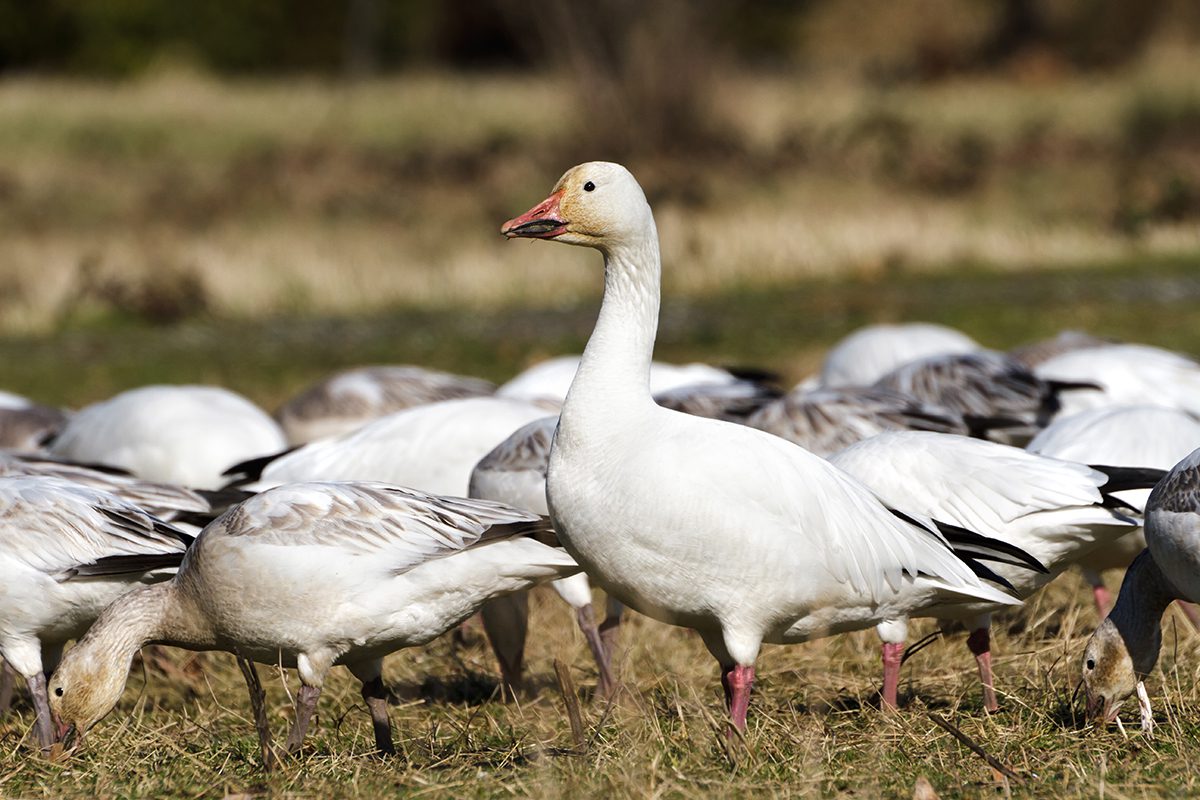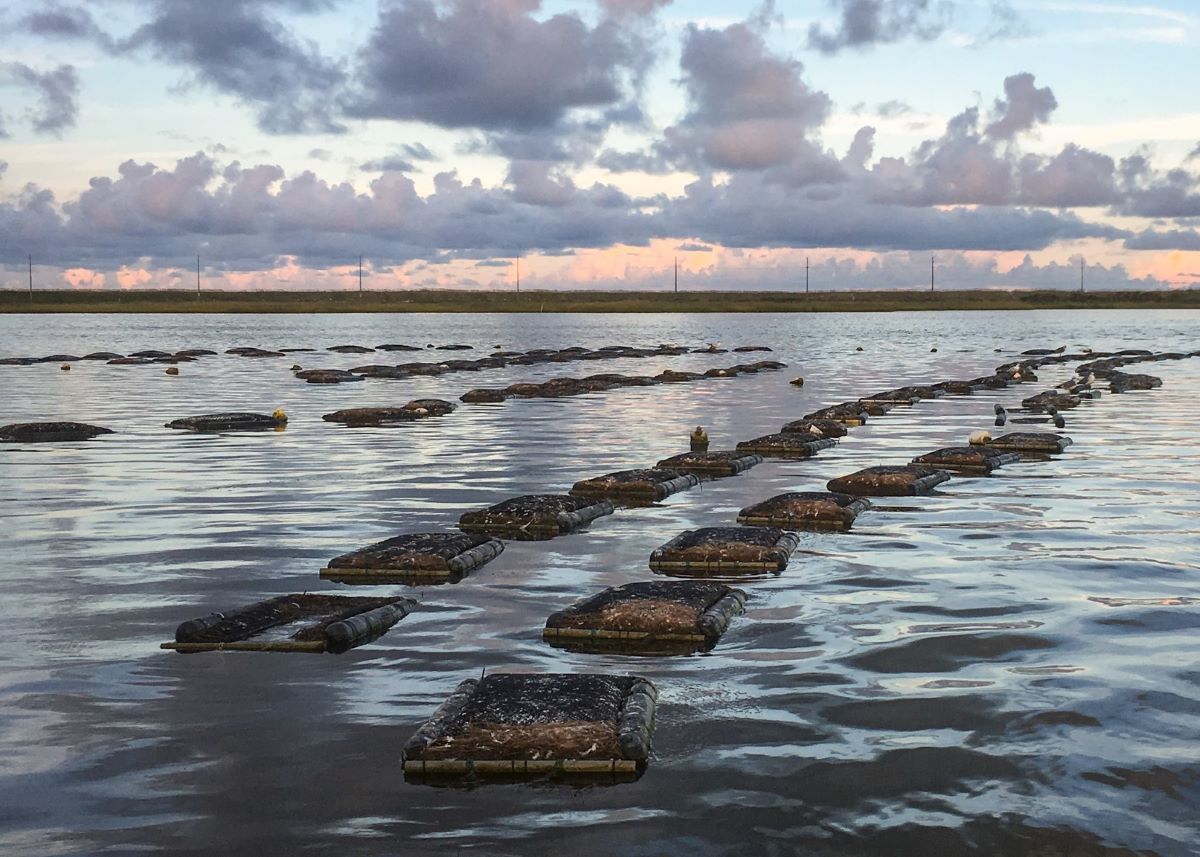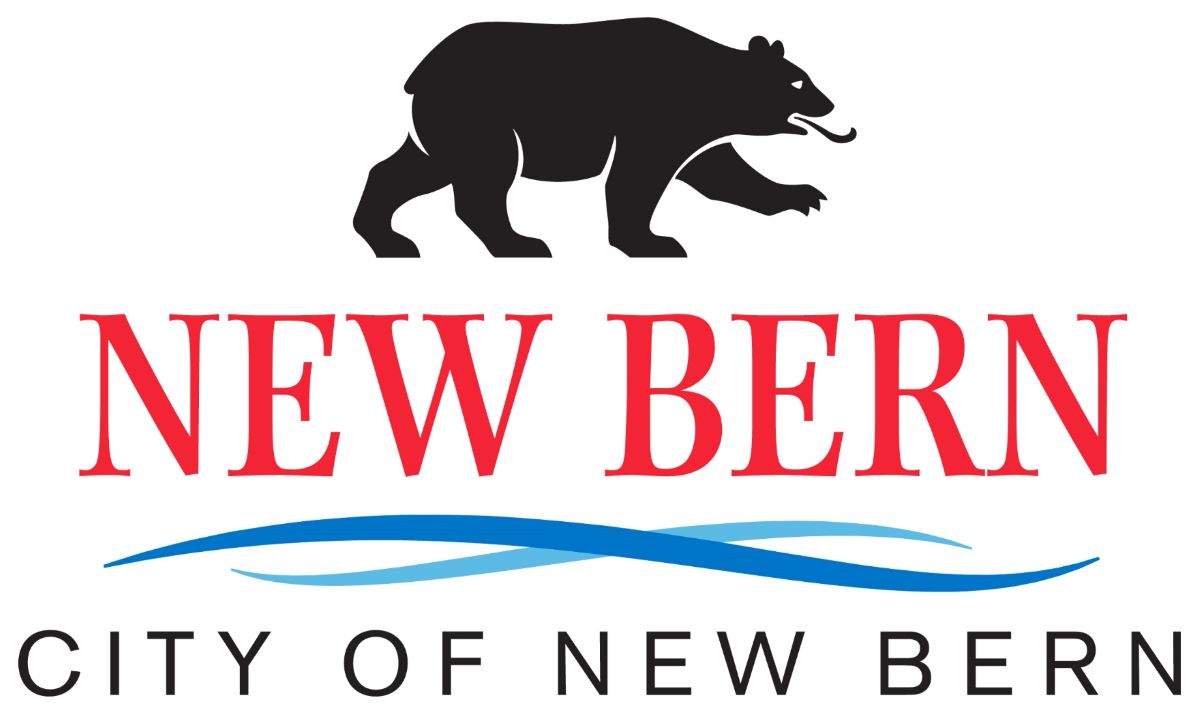
From a North Carolina Wildlife Resources Commission press release.
Officials from North Carolina natural resources and public health agencies remind waterfowl hunters to be observant and careful when handling wild birds during hunting season.
Sponsor Spotlight
Officials announced Friday that although no new highly pathogenic avian influenza, HPAI, infections in wild birds had been documented in North Carolina since March, those birds that migrated to other states and Canada during the spring and summer, where HPAI was present, are returning to North Carolina for the winter.
The N.C. Wildlife Resources Commission reported in March that some asymptomatic, hunter-harvested waterfowl had tested positive for HPAI, and some mortalities in symptomatic, wild birds had been identified. Wild bird mortalities can occur with HPAI, particularly in species of raptors that prey on waterfowl and in avian scavengers that feed on infected carcasses.
The risk of human infection is low, but rare instances have occurred due to direct interaction with diseased birds. Health officials with the North Carolina Department of Health and Human Services offered the following recommendations to prevent potential disease spread while hunting:
- Refrain from harvesting or handling wild birds that are obviously sick.
- Wash your hands with soap and water after handling game or use an alcohol-based sanitizer if soap and water are not available.
- Dress game birds in the field whenever possible, wear disposable gloves and wash hands afterwards.
DHHS health officials also suggest that hunters seek medical care if they experience flu-like symptoms after having close contact with a potentially infected bird, and to get a seasonal flu vaccine every year. While seasonal flu vaccination will not prevent infection with bird flu viruses, getting vaccinated can reduce the risk of getting sick with both human and bird flu viruses at the same time.
Sponsor Spotlight
Proactive behavior is particularly important because wild birds typically do not exhibit signs of HPAI. The U.S. Department of Agriculture provides additional information on HPAI and prevention guidance.
Songbirds present a low risk for HPAI transmission to other birds, however, if you own poultry, it is not recommended to maintain bird feeders or bird baths. Congregating wild birds, which happens at bird feeders and baths, increases the chance of disease transmission to domestic poultry.
“We are interested hearing about morbidity events involving five or more waterbirds or waterfowl, any number of raptors or avian scavengers, like vultures, or any of those species that are observed with clinical signs consistent with neurological impairment, like swimming in circles, head tilt and lack of coordination,” stated Sarah Van de Berg, wildlife biologist with the Wildlife Commission.
The public is encouraged to report wild bird behavior as described by Van de Berg to the NC Wildlife Helpline at 866-318-2401, Monday – Friday, 8 a.m. – 5 p.m., or email HWI@ncwildlife.org.
All bird mortalities attributed to HPAI or birds otherwise testing positive are being tracked by the USDA. Check here for an up-to-date listing.







